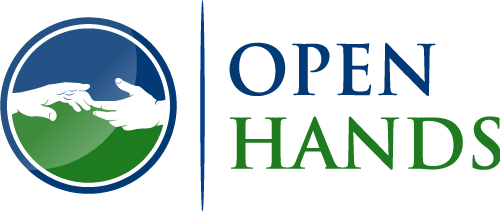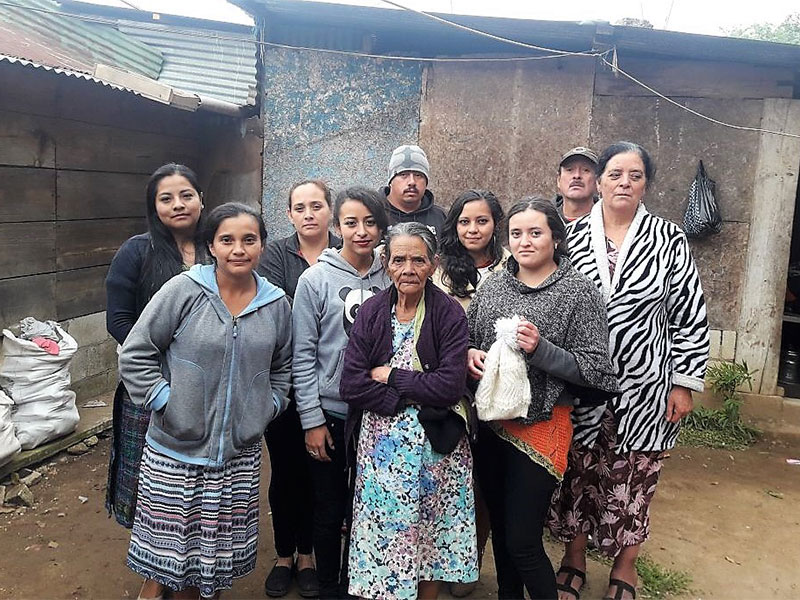Often, when I thought of microfinance whether it was savings groups or microcredit (loans), I would picture someone with a small business and this person using the loan he had received from the group or the MFI to invest in a business. This person would use the loan for something that would hopefully earn them more money which would enable them to repay the loan.
Over the last few years I have seen group members take a loan and use it for activities that do not generate income. While these loans were often small, it made wonder me why the group would allow someone to do this. A group member would take a loan and use it to pay school fees or rent. The loan helped them get out of a financial crisis but did not contribute to their immediate income in order for them to pay the loan back. In some of these cases, they were also being charged 10% interest per month.
In the past month, I read the book From Dependence to Dignity and I became aware of how people can using savings groups to meet many needs in their lives. Poor people need to manage their money well in order to survive. Their incomes are often irregular or very small. One month their income may be high, and the next month, they are unable to cover the basic costs of living. This can require them to use loans in order to bring financial stability. Being able to borrow money for school fees and rent helps them to eliminate an immediate crisis that could require them to take their child out of school or be evicted from the house. This just goes to show that poor people need financial services that are flexible and allow them to borrow for other things other than microenterprise.
According to research poor people need and use a wide range of financial services which fall into five categories: to smooth consumption, investment in microenterprise, household needs, life-cycle events (marriage, death, etc.) and emergencies. Being able to access loans gives poor people the ability to meet some of their financial needs within these categories which can bring financial stability to a household by providing funds during the times when their income is unable to cover the costs. Group members understand each other’s financial needs and can set the group up to meet those needs which is one of the benefits of a savings group.
The result of accessing loans during times of crisis helps to stabilize the household’s finances and push them back from the brink of immediate financial disaster. As From Dependence to Dignity points out, this can have a dramatic effect on the household. They are not always facing a financial disaster which can allow them more peace of mind and can give them hope for the future. If a loan from a group can help carry them through a crisis until they have sufficient income again, it is a loan well given. Since group members know each other and understand each other’s situation, they are able to give loans for other things than microenterprise and meet the financial needs of their members.


